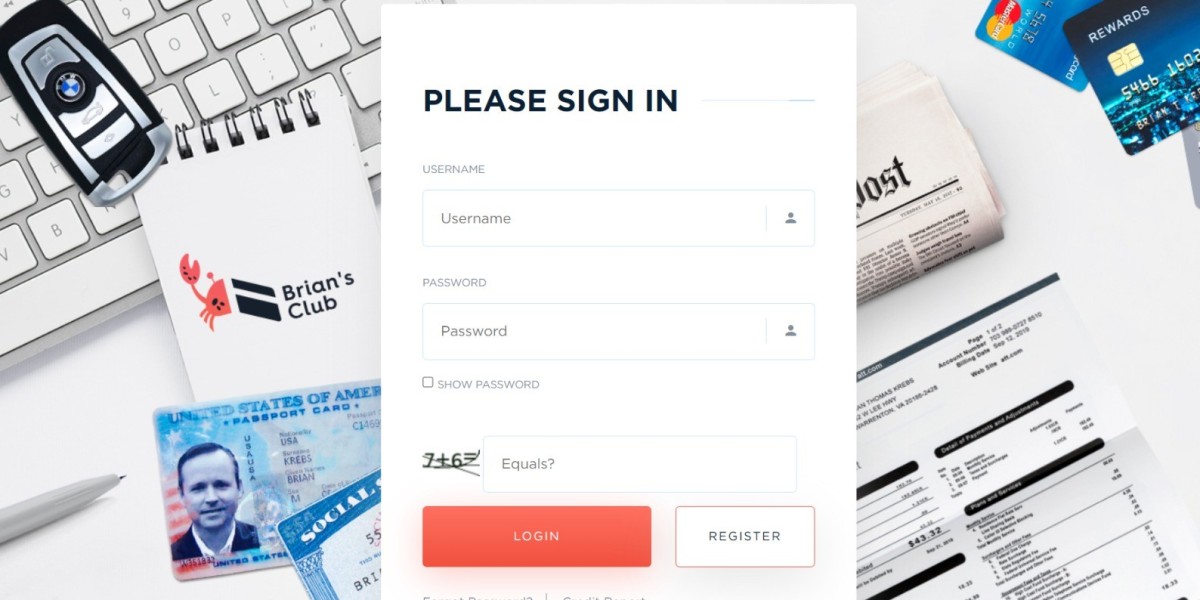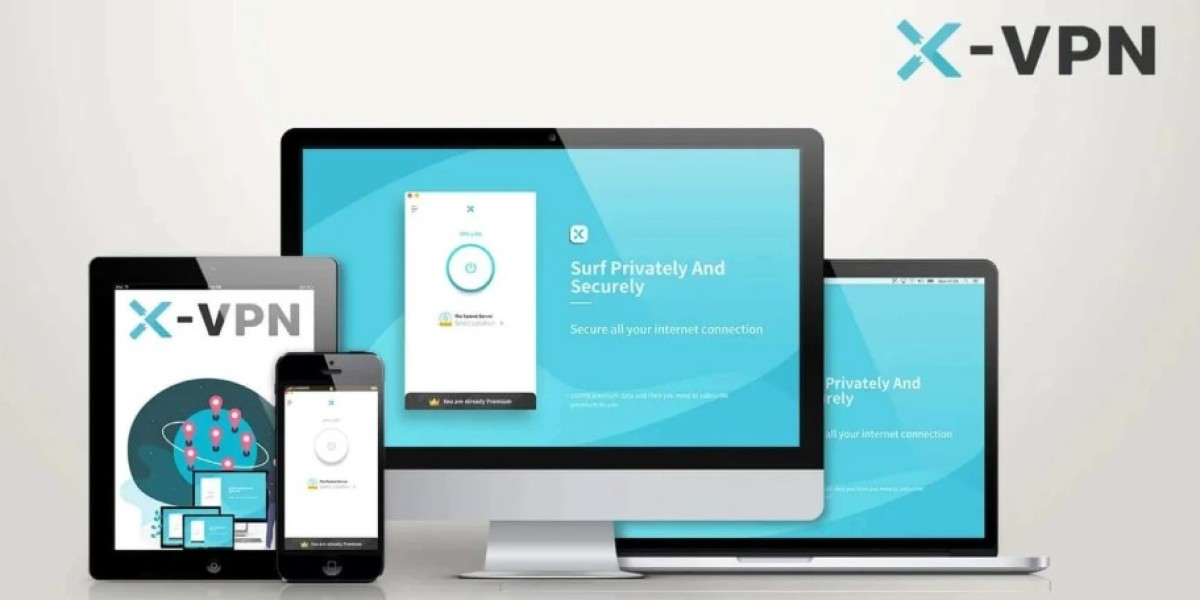If you’ve been exploring the online world, you might have encountered terms like "Bclub," "dumps," "RDP access," and "CVV2 shops." These are often associated with risky and illegal activities in cyberspace. Let’s break them down so you can better understand what they mean and how they’re connected.
Bclub: What Is It?
Bclub is a term that often refers to a platform where various online tools and services are offered. While these platforms may appear to offer legitimate services, they’re frequently linked to online transactions and activities that can be harmful or even illegal. Bclub could be connected to areas of the internet where sensitive financial data and access to systems are traded or misused.
Dumps: Stolen Credit Card Data
The term "dumps" is commonly used to describe stolen credit card information. It typically includes details such as the card number, expiration date, and CVV (Card Verification Value). Cybercriminals steal this data through hacking, skimming devices, or data breaches. Once they have it, they may sell the information in bulk to others who might use it for fraud or identity theft. In this context, Bclub could be a place where dumps are traded among criminals, putting many people at risk.
RDP Access: A Remote Threat
RDP, or Remote Desktop Protocol, is a tool that allows users to connect to another computer over the internet. It’s often used by businesses for IT support, but cybercriminals can also misuse it to gain unauthorized access to private systems. With RDP access, someone can take control of a computer from anywhere in the world, stealing data or infecting systems with malware. This makes RDP a valuable tool for hackers, and Bclub platforms may be places where this access is bought and sold for malicious purposes.
CVV2 Shop: The Dark Marketplace
A CVV2 shop is an online marketplace where criminals buy and sell stolen credit card data, including the CVV2 code found on the back of a card. These shops are part of the dark web and operate outside of legal boundaries. The sale of such sensitive information is illegal and can lead to significant financial loss for cardholders.
Why Should You Be Careful?









